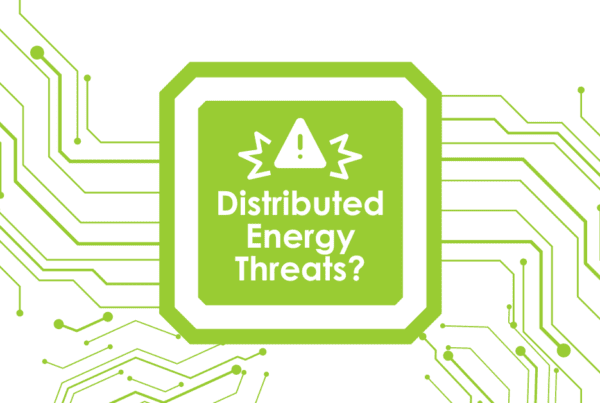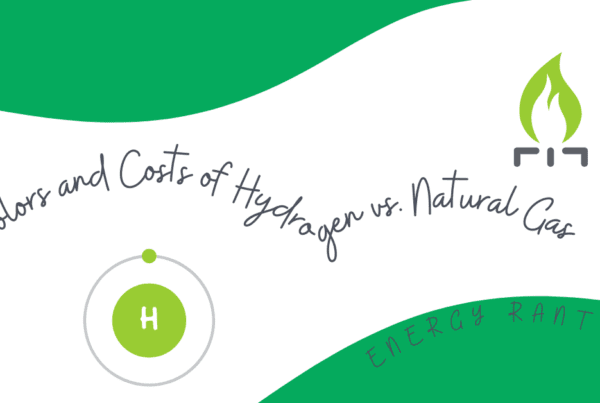This week I was gleeful to find American Council for an Energy Efficient Economy released a study on my two favorite subjects on which to rant: taxes and energy efficiency! Yeah!
I blogged about tax-distorting effects of EE about a year ago in EE V IRS,with many of the same arguments noted in the recent ACEEE paper. The ACEEE paper points out that:
- Since the cost of energy is a business expense, it is tax deductible and therefore, the tax code penalizes to the tune of 35% the bottom line improvement from saving energy. As I mentioned in EE V IRS, the United States had the second highest corporate tax in the electrified world and this week; congratulations (!), we’re number one as Japan has dropped theirs below ours.
- On the flip side, when companies invest in EE, 35% goes to the government.
- The EE investment is depreciated over time. This I discussed last week in Petroloons .
First, one sharp criticism of the above logic: not taking is not giving. In other words, avoiding tax payments to the government is not the same as getting something from the government. This drives me crazy. It’s the same as saying I give our company a case of soda every day because I haven’t been shoveling the contents of our soda cooler into my bag every night (steeling it) for myself. Do murderers save the lives of everyone they don’t kill? Ok.
Jack Kennedy was absolutely correct stating that cutting and simplifying the tax code results in efficient allocation of capital. Today, the tax code is corrupting with carve outs, societal engineering, and tax breaks for all kinds of crap that ties capital up in stupid stuff.
The feds tax repatriated capital, that is, money earned by US companies overseas and already taxed overseas by countries in which they operate. This is insane. Bring cash back home for investment and it first gets a 35% whack taken by Uncle Son of Sam? Washington likes to bash these companies for doing stuff overseas and the “tax breaks” they get for moving jobs overseas. The “tax break” is not getting slapped with a double tax. Not murdering is not the same as saving lives. Ok.
Another distortion is tax on capital gains and dividends. Trillions of dollars are parked in stupid stuff, like Apple’s $100 billion stash of cash. Why such a ginormous pile of cash? A major reason is shareholders don’t want to pay tax on dividends. Likewise, capital in equity in mature companies and starving the next generation of wealth creators. When an investor considers a 15% loss right out of the gate by divesting one place to invest in a better place, 15% is a huge barrier.
Any tax reform must lower barriers between capital and where it is best invested. This is what JFK meant by efficient allocation of capital. Now, on with the three ACEEE recommendations:
- Tax revenue, not earnings – a “radical” idea. Actually, this would be a sales tax or value added tax. Eliminating the current abomination and switching to a revenue neutral sales tax would be fantastic for the economy (and ¾ of Washington DC lobbyists would find themselves out of work). Capital would flood into the country and be cut loose from unproductive proverbial stuffed mattresses.
- The second is a “more surgical” approach that puts a cap on tax deductable energy costs. Bad idea. This would penalize energy intensive companies and distort the market again, nudging companies that produce jobs overseas.
- The third is a “more complex but perhaps more elegant approach”. Complex to me is butt opposite of elegant, but ok. This option would develop a standard deduction for energy costs that varies with the type of business. Screeeeeeeeeeaaaaaaaaach! Needle across the record. This again would be a market-distorting, game-the-system, screw-the-system approach akin to Rick Santorum’s proposal for zero income tax for manufacturers. Suddenly, everyone is a manufacturer. How does one define manufacturing? Is a brew pub a manufacturer (hardly) or a service company? Is printing manufacturing? We print stuff for sale. You get the point. Just imagine if we set this tempest loose. We should be generating wealth and not playing games to avoid the taxman.
Jeff Ihnen’s solution: Create revenue neutral tax cut by eliminating all market distorting tax breaks and carve outs, and eliminate the double taxation on repatriated greenbacks (I believe this was in the Simpson-Bowles committee that was/is entirely ignored). Here is a “radical” idea: let utilities invest on the customer’s side of the meter. Energy efficiency is a resource. There is concern about the old utility business model based on a forever growing market that doesn’t work anymore (because the market isn’t growing). So let’s allow utilities to invest in energy efficiency on the customer side of meter and let them earn their weighted cost of capital as they do selling energy. This fixes the problem of losing revenue and profit to EE and greatly reduces the tax-distortion and hassle of EE by making EE an operating expense rather than purchased assets.
Amen. Where do we start?






Very interesting post! Thanks for sharing.